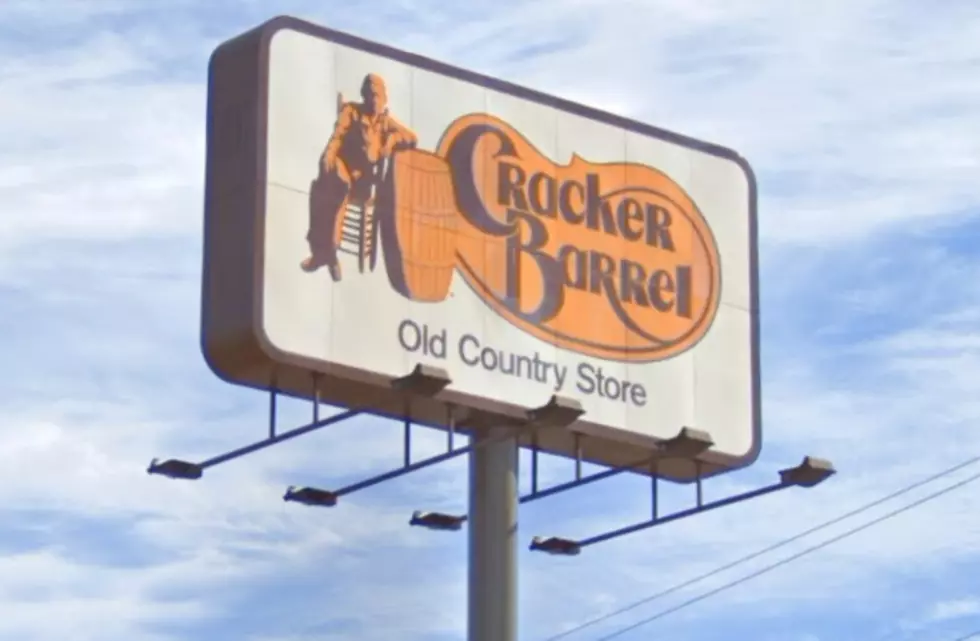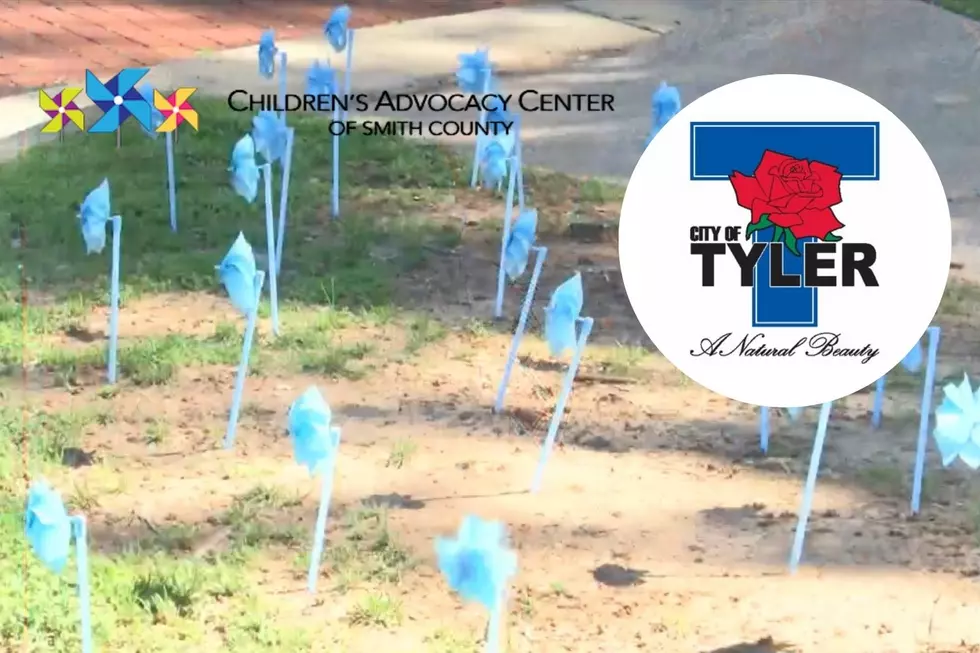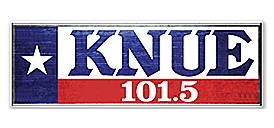
Cracker Barrel Is Trending for Ominous Reasons, But Are They True?
Note: This article is about Cracker Barrel as a corporation, not any individual store. It is my opinion alone and does not reflect the views of anyone but myself.
My first mother-in-law had an undying passion for chain restaurants. Chili's, Applebee's, and if we were feeling particularly fancy, The Cheesecake Factory were her favorite picks in any town we were visiting. Personally, I prefer to seek out well-reviewed local places, but as she was paying, I was shutting up. She also loved Cracker Barrel, of course. What 60-year-old Southern woman doesn't?
Personally, I can take it or leave it for the aforementioned reason of it not being a local business. But that's my bias. What does pique my interest is how this seemingly ultra-innocuous restaurant keeps getting embroiled in controversy.
Today, one of the top trending subjects on Texas Twitter is Cracker Barrel, because of a supposed association of the name to slavery and what some folks are saying is a whip hidden in the logo.
After doing some digging on the terms "cracker barrel" and the slur "cracker," I have reached the conclusion that this is a stretch at best. However, there are some ominous facts about Cracker Barrel's past that do not make Cracker Barrel seem very inclusive. But let's start at the start, shall we?
What does "Cracker Barrel" actually mean? Oxford Dictionary defines it as "plain, simple, and unsophisticated." Okay, that tracks. But more to the point of the restaurant, it's also a "reference to the barrels of soda crackers once found in country stores, around which informal discussions would take place between customers." The logo showing a man seated next to a barrel seems to confer this is the intent of the name.
The "hidden whip" connecting an R to a K, to me at least, appears to just be a design choice to create a cohesive logo, but you can decide for yourself.
Is it the "cracker" in Cracker Barrel that we should worry about? Some folks say that "cracker" refers to white people cracking whips on slaves. That is partially true from the research I dug up from the most unbiased source I could find, NPR, who wrote:
It is suspected that it was a shortened version of "whip-cracker," since the manual labor they did involved driving livestock with a whip (not to mention the other brutal arenas where those skills were employed.) Over the course of time it came to represent a person of lower caste or criminal disposition.
Poor whites were largely landless, therefore, had no reason to own slaves even if they could afford them. Cracker was a white-on-white slur originally, and one based on class. Of course, the English language is ever-evolving, and words change meaning constantly. But I cannot find information to support that "crackers" has anything to do historically with slavery.
Let me go ahead and add the caveat that I'm not black, nor am I a historian, so I cannot speak to that experience or expertise. And in that spirit, I will add some pertinent information that casts Cracker Barrel in that not-so-inclusive light.
There is an entire subsection of the Cracker Barrel Wiki entitled "controversies," and they revolve around, you guessed it, discrimination. First, in the 1990s, a memo was issued ordering the firing of LGBTQ employees. Wrong, but not illegal at that time.
And there is this very damning bit of information: "In 2004, an investigation by the U.S. Justice Department found evidence that Cracker Barrel had been segregating customer seating by race; seating or serving white customers before seating or serving black customers; providing inferior service to black customers, and allowing white servers to refuse to serve black customers." That is heinous and unacceptable, and that was less than 20 years ago.
However, Cracker Barrel is currently a sponsor for the NAACP, so perhaps they've mended their ways. The company is also involved in several philanthropic efforts.
Personally, I just don't see any hidden racism in the logo, though there's unfortunately still quite a bit of blatant racism in the South. However, it's important to hear and strongly consider minority voices if we hope to see positive social change. There is no amount of acceptable racism, big or small.
12 Random Masked Rider Facts

More From 101.5 KNUE






